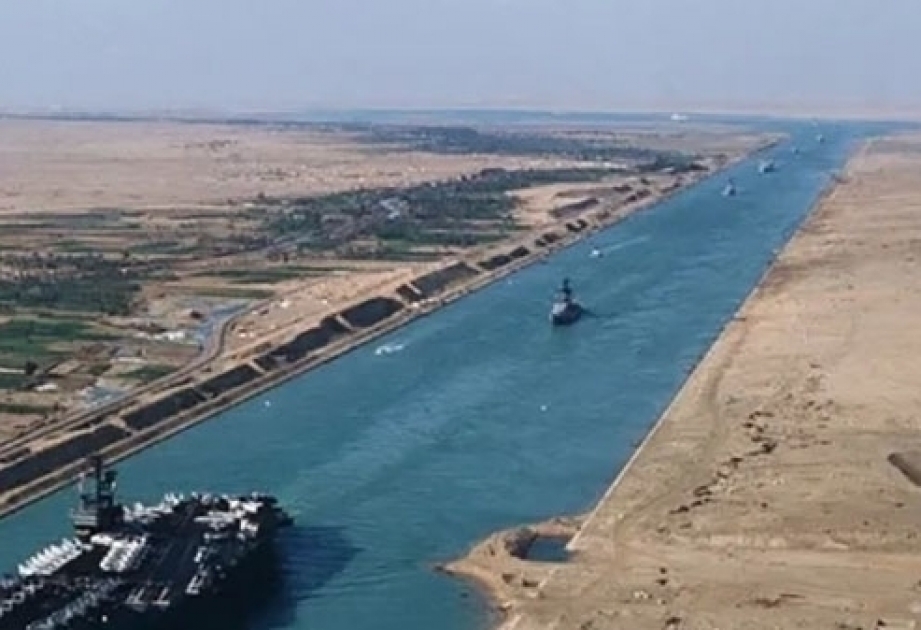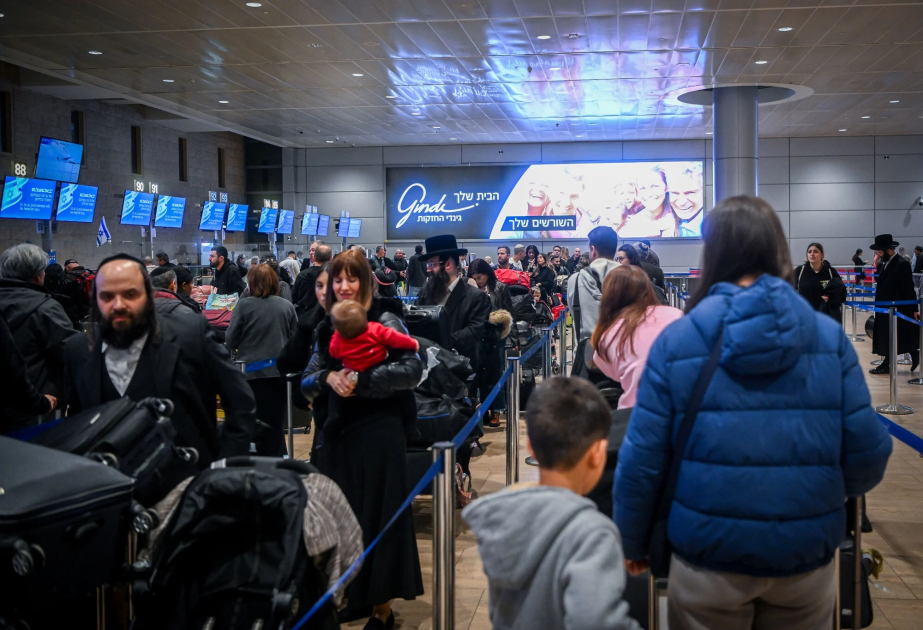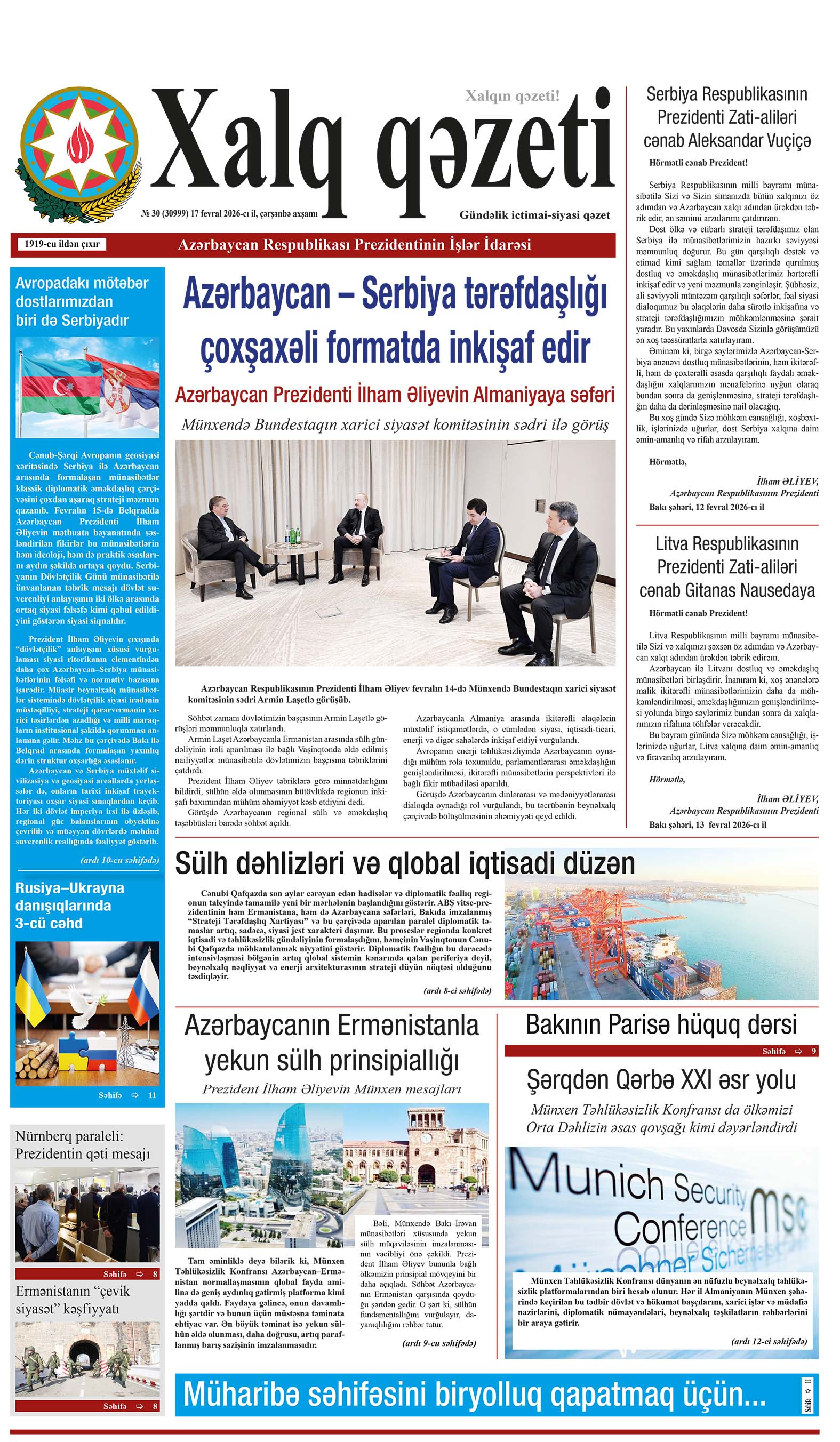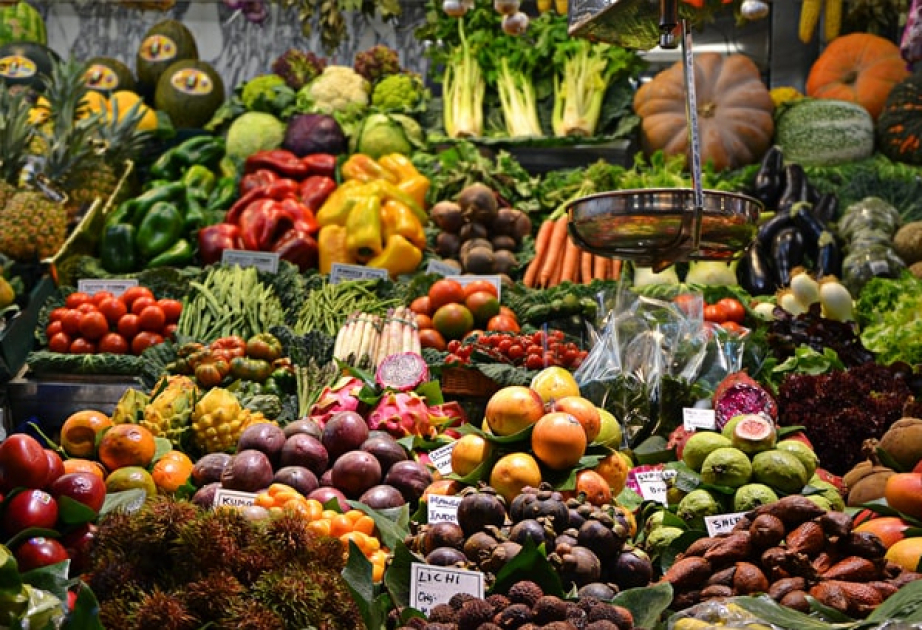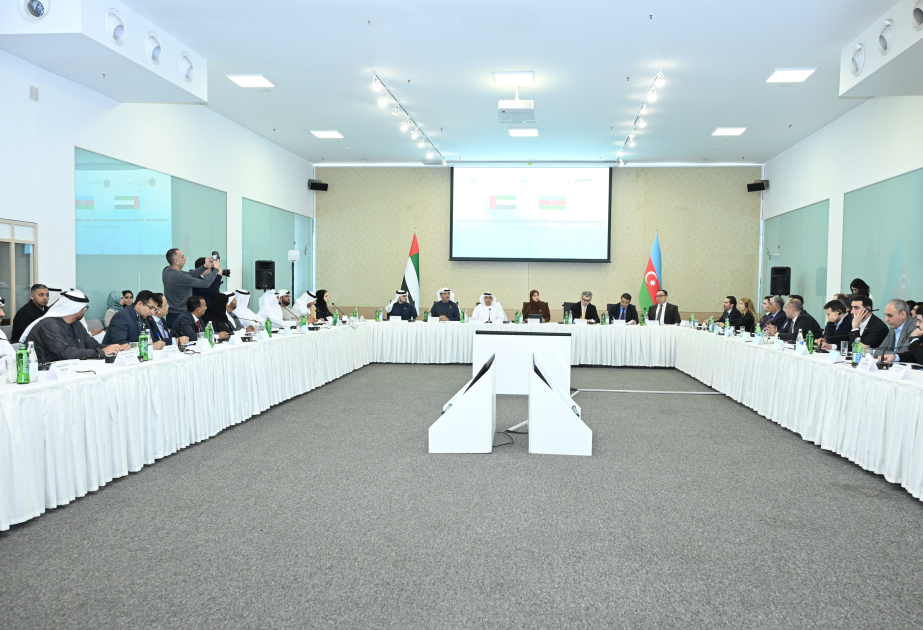Inflation is at risk of rising again, according to a leading economist, following attacks on ships using a vital trade route through the Red Sea, according to BBC News.
Mohamed El-Erian said while disruption to shipments was not as severe as during Covid, he warned it would push up prices and hit economic growth.
Several shipping firms have stopped vessels using the Red Sea route after attacks by Houthi rebels in Yemen.
Last week, the US and UK launched military strikes against the Houthis.
Dr El-Erian, president of Queens' College, Cambridge and chief economic adviser at financial services giant Allianz, told the BBC's Today programme: "Relative to what would have happened otherwise, we will see higher inflation, higher mortgage rates and lower growth.
"In absolute terms, however, it is nothing compared to what we had in 2021 and 2022. This shock is not going to be as big but it is unfortunate."
Around 12-15% of global trade travels through the Red Sea via the Bab al-Mandab Strait - a 20-mile wide channel that splits Eritrea and Djibouti on the African side and Yemen on the Arabian Peninsula - and the Suez Canal.
Iran-backed Houthi rebels began attacking commercial shipping with missiles and drones late last year after the start of the Israel-Hamas war in October.
The attacks continued on Monday despite intervention by Western powers, when a US-owned cargo ship was struck by a missile off the south coast of Yemen, according to British maritime security firm Ambrey.
Major shipping firms are now re-routing their vessels around Africa's Cape of Good Hope, which can add 12 days for cargo travelling between Singapore and northern Europe.
The delay could be even longer, as much as 18 days, for vessels sailing between Singapore to the east Mediterranean, according to Hapag-Lloyd, the shipping giant.
Inflation - which measures the pace at which prices are rising - has fallen sharply in the UK from highs of 11.1% in October 2022 to 3.9% in the year to November.
Russia's war with Ukraine had fuelled inflation, sending both oil and food prices higher in particular.
S&P Global Market Intelligence said nearly 15% of goods imported into Europe, the Middle East and North Africa are shipped from Asia and the Gulf by sea. That includes 21.5% of refined oil and more than 13% of crude oil.
Brent crude, the international benchmark for oil prices, hit $80 a barrel last week after the US and UK took military action against the Houthis in Yemen but has since retreated to $77.75 on Monday.
Ashley Kelty, director of oil and gas research at Panmure Gordon, said that markets had been "less rattled" at what was happening in the Middle East because there had been softer demand and an oversupply of oil.
One factor, he said, was there had been expectations that once China lifted all Covid restrictions, its demand for oil would surge. "But China has not recovered at the pace expected," said Mr Kelty.
The Red Sea is also an important route for liquefied natural gas (LNG) shipments.
Reports emerged on Monday that QatarEnergy, a major exporter of LNG, had suspended sending ships through the Bab el-Mandeb Strait. Bloomberg reported that five vessels had been halted since Friday.


